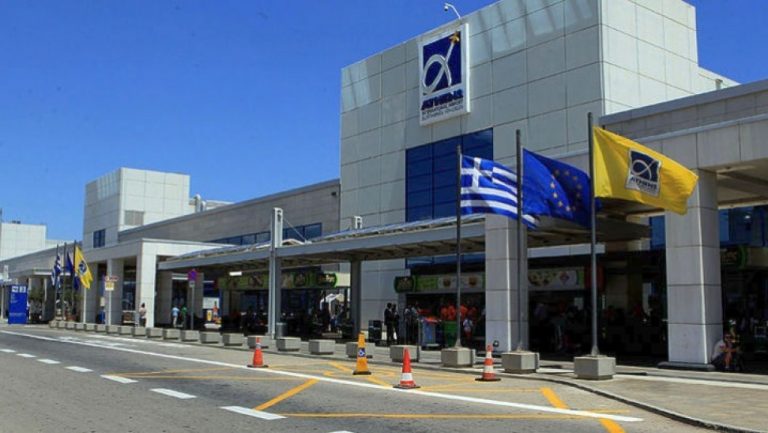Greek assets are currently experiencing a surge in demand from foreign investors, signaling a strong vote of confidence in the country’s economic prospects. This trend is evident not only in the bond market but also in various other sectors.
In the bond market, the recent issuance of the 10-year bond by the Hellenic Republic saw overwhelming demand, being oversubscribed by a staggering 8.75 times. This robust demand extends beyond government bonds to include issuances by major listed companies and banks, as well as equity placements and initial public offerings (IPOs). A notable example is the public offering for the listing of “Eleftherios Venizelos” on the Athens Stock Exchange, which was oversubscribed by 12 times and is currently trading at new 13-year highs.
Analysts predict that this strong demand for Greek bonds, driven by investors seeking attractive yields ahead of anticipated interest rate cuts by the ECB, will further reduce Greece’s borrowing costs, potentially even surpassing those of Spain. Moody’s expected upgrade of Greek credit is anticipated to attract €20 billion in inflows into Greek securities.
Moreover, foreign interest in the Greek real estate market continues to climb. According to BNP Paribas, Athens and Greece are witnessing significant increases in property prices, nearing pre-crisis levels. Across the country, housing prices are 8.6% lower than their 2008 peak, making Greek real estate an appealing investment option.
In contrast to Greece’s recovery, other countries hit hard by the 2008 financial crisis have seen property prices soar. In Portugal and Estonia, for instance, property prices have surged by 70% compared to pre-2007 levels, highlighting the attractiveness of Greek real estate for investors.
Fitch analysts emphasize Greece’s ongoing “growth story,” with the economy expanding by 2.4%-2.5% in 2023 and maintain similar growth rates in the following years. Resilient exports, improvements in the tourism industry, and strong investment activity contribute to this positive outlook. Additionally, political stability and implemented reforms bolster Greece’s appeal to investors.
Berenberg, the oldest German bank, identifies Greece and Portugal as key players in the eurozone’s narrative this year, alongside Spain to a lesser extent.






